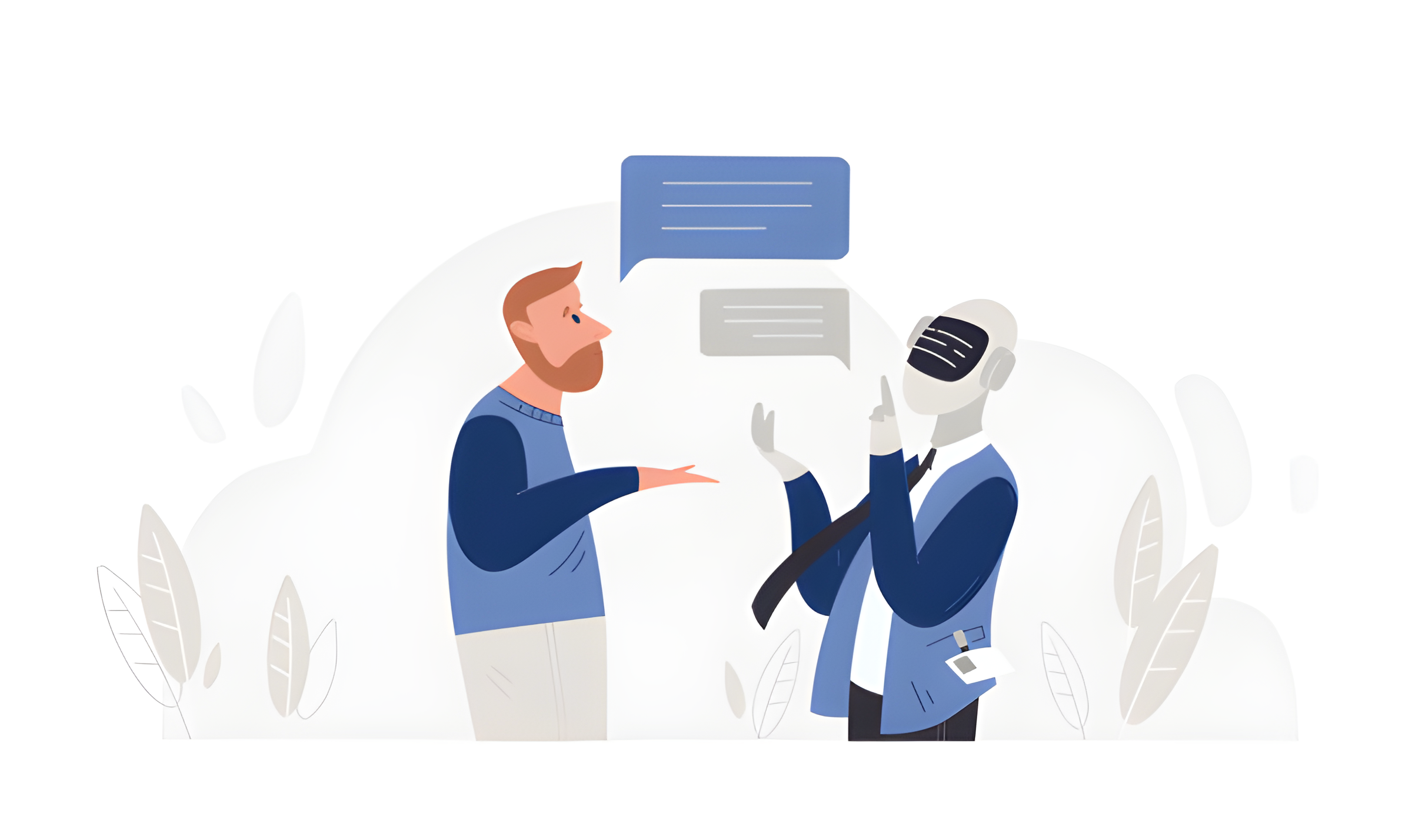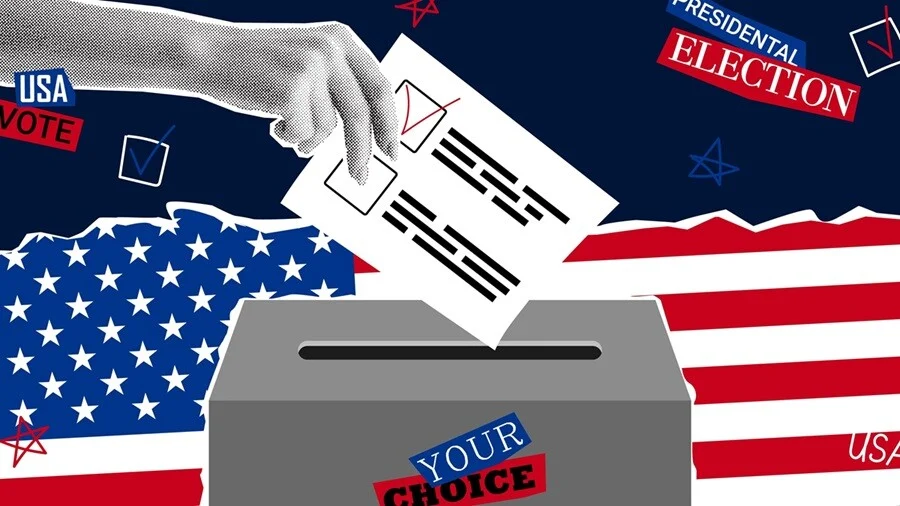
Mental health care has long been hindered by barriers such as accessibility, affordability, and stigma. However, artificial intelligence (AI) is transforming the field, making mental health support more available, personalized, and efficient. AI-powered chatbots and virtual therapy platforms provide 24/7 support, analyze emotions in real-time, and offer tailored interventions to help users manage stress, anxiety, and overall well-being.
This blog explores how AI is shaping mental health care, its benefits and limitations, and what the future holds for AI-driven therapy.
With increasing mental health challenges worldwide, the demand for accessible and immediate support has grown. AI-driven mental health tools offer:
According to the World Health Organization (WHO), nearly one billion people globally suffer from mental health disorders. However, access to professional care is limited, especially in low-income and rural areas. AI helps bridge this gap by providing virtual therapy and support, ensuring that help is available anytime and anywhere.
AI-powered mental health tools use natural language processing (NLP), machine learning (ML), and emotional recognition technologies to simulate human-like conversations. These tools analyze user inputs, detect emotional patterns, and offer suitable responses, exercises, or referrals to human professionals when needed.
AI chatbots are digital assistants that provide mental health support through text or voice-based conversations. Some well-known AI chatbots include:
These chatbots engage users in structured conversations, offer guided exercises, and suggest helpful resources based on the user’s mood and mental health needs.
AI is also enhancing traditional therapy through virtual platforms that connect users with licensed therapists while using AI-driven tools for support. Some notable platforms include:
These platforms not only improve accessibility but also offer a hybrid approach, where AI provides continuous support alongside human therapists.
Unlike traditional therapy, which requires scheduled sessions, AI chatbots and virtual therapists are available at any time. This ensures users receive immediate support when they need it.
Many people cannot afford therapy due to high costs. AI-driven mental health solutions offer cost-effective alternatives or even free services, making mental health care more accessible to a broader population.
Mental health stigma prevents many individuals from seeking help. AI-powered chatbots provide a judgment-free environment, allowing users to open up about their emotions without fear of being judged.
AI tools use data analytics and ML algorithms to understand user emotions and suggest personalized coping mechanisms. This enables more tailored mental health support based on individual needs.
AI can analyze speech patterns, text input, and even facial expressions to detect emotional distress and provide real-time interventions, making therapy more proactive rather than reactive.
While AI chatbots provide valuable support, they cannot replace human empathy and understanding. Complex mental health issues often require professional human intervention.
AI tools collect sensitive mental health data, raising privacy and security concerns. Ensuring strict data protection and ethical AI use is essential.
AI relies on algorithms that may not always correctly interpret complex human emotions. Incorrect assessments or responses could lead to misinformation or improper interventions.
Some users may become overly dependent on AI tools instead of seeking professional therapy when needed, potentially delaying proper mental health care.
AI’s role in mental health care is expected to grow significantly, with advancements in emotional AI, deep learning, and virtual reality (VR)-based therapy. Future trends include:
As AI continues to evolve, it will become an even more powerful tool for mental wellness, complementing traditional therapy and making mental health care more accessible to all.
AI-driven mental health chatbots and virtual therapy platforms are changing mental health care by offering instant support, personalized therapy, and real-time emotional insights. While AI cannot fully replace human therapists, it serves as an invaluable tool in bridging the gap between mental health care demand and accessibility.
As AI technology advances, the future holds even more promising innovations that will continue to transform how we approach mental health. Whether through chatbots, emotional AI, or VR therapy, AI is shaping a more supportive and inclusive world for mental well-being.
